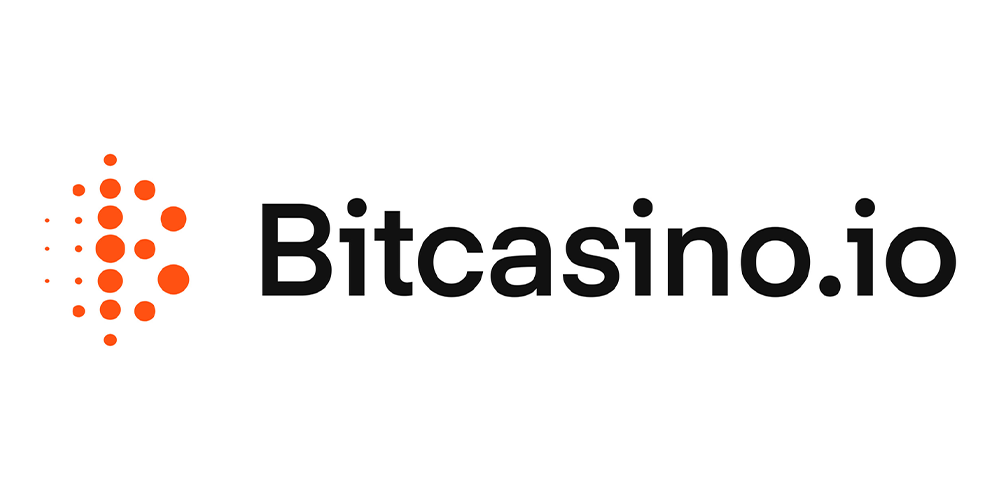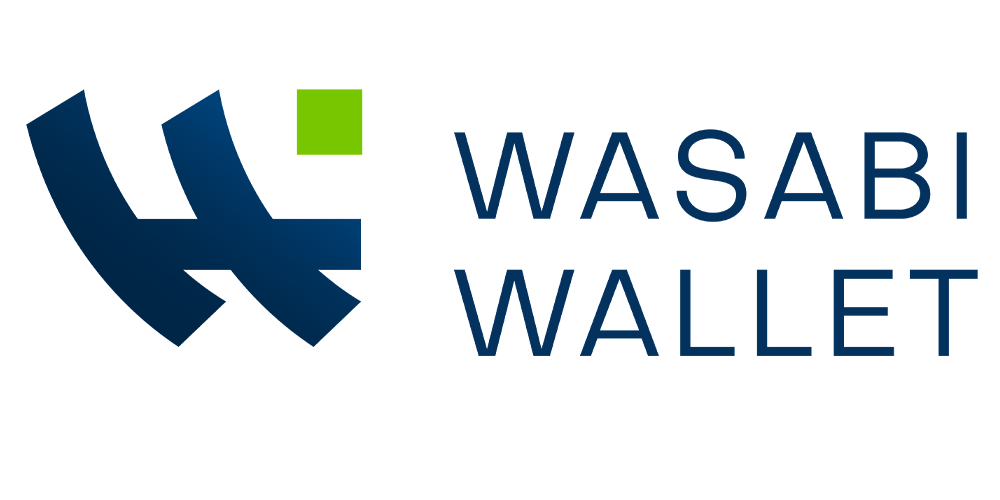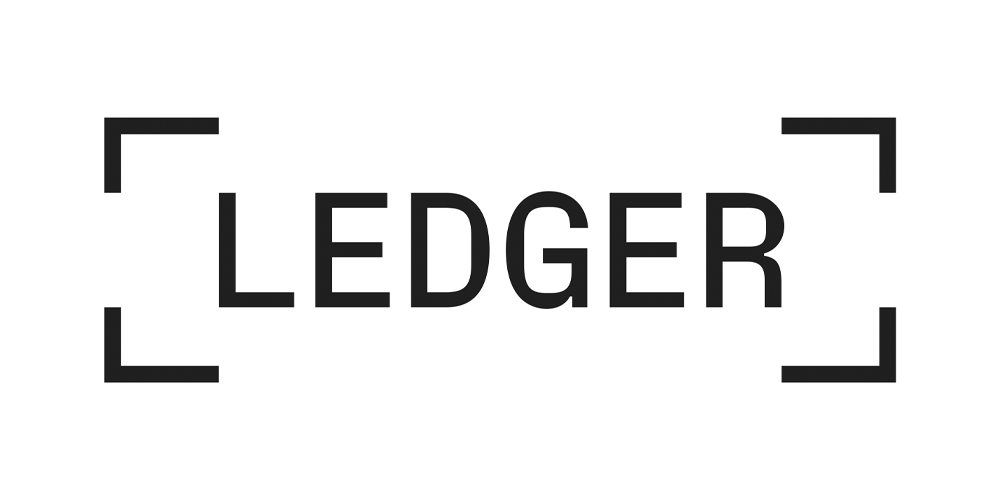The Future of Nuclear Energy with Everett Redmond
Where to find the show
Download Episode MP3 File
The file will open in a new window. Click down arrow to download the file.
“You’re seeing a lot of support for nuclear now… I think the momentum behind nuclear is growing more and more with climate change… we’re in a very good path moving forward to build out a lot more nuclear to provide that zero carbon-emitting energy 24/7, 365.”
SHOW DESCRIPTION
Everett Redmond is a nuclear engineer working as the Senior Director of Fuel Affairs at Oklo. We discuss the enormous challenges and opportunities in renewing the US’s nuclear fleet over the next decade, Oklo’s development of fast nuclear reactors, and how such small modular nuclear reactors will soon become commonplace.
- - - -
Biden’s White House has embarked on an ambitious climate change policy: it plans to eliminate fossil fuels for energy production in the U.S. by 2035. But, as anyone who has knowledge of the energy grid knows, this can not be replaced by traditional renewable energy sources: wind and solar both have intermittency and geographic constraints, hydro is even more geographically limited, and biomass has a range of issues such as the scale of land required and emissions.
Whatever technology is used to produce sustainable energy in the future, it needs to provide a minimum level of base power that can enable human life to flourish in any and every location. Nuclear, despite the widespread fears, presents that opportunity: it is an extremely dense, reliable and effective power source. And yet, political pressure has resulted in the industry flatlining over the past few decades.
Nuclear provides 20% of the US’s energy needs. It has been like this for the past 20 years, over which time only 1 new reactor has been built. This lack of investment means the US nuclear fleet has an average age of over 41 years, the third oldest in the world. Experts realise nuclear needs to be central to Biden’s climate change ambitions. And yet, the renewal of the existing fleet represents a challenge in itself, before thinking about increasing capacity.
But there is a path forward: a new generation of fast nuclear reactors provides an opportunity to have modular designs, streamlining the build and planning process, and reducing costs and development timescales. Such reactors are designed to be inherently safe and can support a range of energy needs beyond just electricity production. Further, such reactors can use spent fuel and significantly limit the amount of waste produced. We are on the cusp of a nuclear future.
TIMESTAMPS
00:01:58: Introductions
00:06:44: Misguided FUD against nuclear energy
00:12:16: Current status of the US fleet of nuclear plants
00:20:28: Momentum of support growing for nuclear in the US
00:26:57: Regulation of nuclear, and timescales for new plants
00:34:10: Nuclear for process heat, and supplies of water for cooling
00:37:14: Fast small modular reactors
00:46:50: UK National Grid supply breakdown
00:51:56: How a reactor works
00:58:57: Treatment of the nuclear waste
01:04:37: Fusion vs fission
01:08:55: New innovations in nuclear energy
01:12:15: Final comments
SUPPORT THE SHOW
If you enjoy The What Bitcoin Did Podcast you can help support the show by doing the following:
Become a Patron and get access to shows early or help contribute
Make a tip:
Subscribe on iTunes | Spotify | Stitcher | SoundCloud | YouTube | TuneIn | RSS Feed
Leave a review on iTunes
Share the show and episodes with your friends and family
Subscribe to the newsletter on my website
Follow me on Twitter Personal | Twitter Podcast | Instagram | Medium | YouTube
If you are interested in sponsoring the show, you can read more about that here or please feel free to drop me an email to discuss options.
SPONSORS
SHOW NOTES
Connect with Everett:
Mentioned in the interview:
First tests under way at new US liquid metal facility [Oklo Inc.] - World Nuclear News, May 2022
World Nuclear Power Reactors 1951–2022 - World Nuclear Industry Status Report, Jan 10th 2023
The Use of Nuclear Power Beyond Generating Electricity: Non-Electric Applications - IAEA, Oct 2021
Dow Teams Up with X-energy to Decarbonize Manufacturing - Nuclear Energy Institute, Aug 2022
Fission and Fusion: What is the Difference? - Office of Nuclear Energy, Apr 2021
Deep Isolation aims to bury nuclear waste using boreholes - CNBC, Apr 2022
Breakthrough in nuclear fusion energy announced - BBC, Dec 13th 2022
Other Relevant WBD Podcasts:
WBD571: The White House is Wrong About Bitcoin Mining with Nic Carter
WBD563: Bitcoin, Unleashing an Ocean of Energy with Nathaniel Harmon
WBD562: How Bitcoin Helps Mitigate Climate Change with Harald Rauter
WBD557: Mining Bitcoin with Nuclear Energy with Ryan MacLeod
WBD530: Is ESG Signalling Civilisational Decline? With Jeet Sidhu
WBD523: The Moral Case for Renewable Energy with Andrew Dessler
WBD493: Is There a Moral Case for Fossil Fuels? with Alex Epstein
WBD481: Bitcoin’s Clean Energy Revolution with Nic Carter & Troy Cross
WBD463: Can Bitcoin Mining Save the Environment? with Troy Cross
WBD398: ESG & Institutional Bitcoin Investment with Kevin O’Leary
Defiance 029: The Real Science Of Climate Change | Prof. Katharine Hayhoe
Defiance 024: The Origins Of Climate Denialism | Nathaniel Rich











